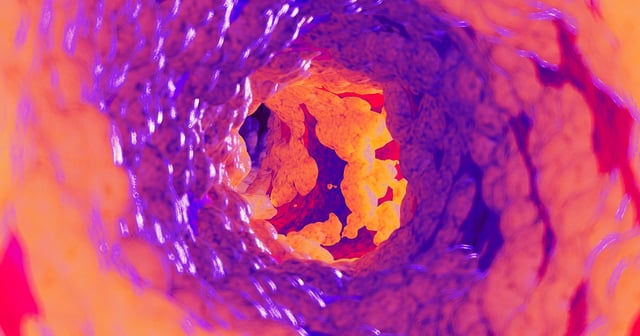Overview
- University of Pittsburgh School of Medicine researchers found that consuming over 22% of dietary calories from protein can lead to increased atherosclerosis risk.
- Leucine, an amino acid enriched in animal-derived foods, is identified as a primary driver of atherosclerotic plaque formation.
- The study combines human trials with experiments in mice and cells, highlighting the molecular mechanisms behind protein's impact on artery health.
- Findings suggest a potential for personalized diet modifications to mitigate cardiovascular disease risks.
- The research calls for a balanced approach to protein consumption, especially for individuals at risk of heart disease.

